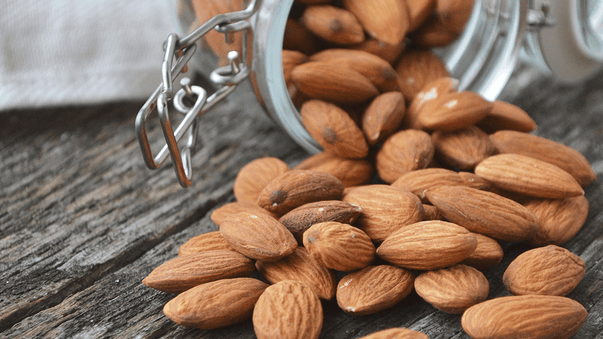Biotech Advances But Regimen Adherence Is Poor

Science fiction-like breakthroughs in healthcare and biotech may not happen each week, but this doesn’t mean things aren’t advancing in the research backroom, slowly but steadily. On the contrary, like every week, promising advances have been reported in cancer research, tissue bioengineering, and the search for useful natural compounds. See below for a sample.
One thing that we should all bear in mind is that therapies and enhancements can’t work if we don’t adhere to their requirements. For example, apparently “only about six percent of patients” follow the statin regimen given to them by their doctors to lower cholesterol. Presumably, this low rate of adherence is a problem in other areas as well.
Mitochondria are associated with the effectiveness of cancer therapies. Scientists at Mount Sinai and IBM have discovered a novel clue in explaining how cancer cells with identical genomes can respond differently to the same therapy. In a research paper published in Nature Communications, the researchers report that the number of mitochondria in a cell is, in great part, associated with how the cancer responds to drug therapy. Surviving cells had a greater amount of mitochondria than untreated cells, which strongly suggests that cells with fewer mitochondria are more likely to respond to certain drug treatments.
Combined chemotherapy and MRI monitoring strategy. Researchers at New York University have engineered nanoscale protein micelles capable of both delivering chemotherapeutic drugs and of being tracked by magnetic resonance imaging (MRI). The innovation, described in a study published in ACS Nano, allows researchers to administer therapy while non-invasively monitoring the therapeutic progress and drastically reducing the need for surgical intervention.
Efficient synthesis of anti-leukemia compounds. Chemists at Oregon State University have patented a method for making anti-leukemia compounds that until now have only been available via an Asian tree that produces them. The synthesis of cephalotaxine and homoharringtonine (HHT), described in a research paper published in Angewandte Chemie International Edition, could result in less-expensive, more readily available leukemia drugs whose production is not subject to the risks and inefficiencies associated with harvesting natural sources.
Bioengineers grow live jaw bone from ribs. Bioengineers at Rice University and University of Texas Health have developed a technique to grow custom-fit bone implants to repair jawbone injuries from a patient's own rib. A research paper published in PNAS describes how the scientists were able to grow live bone to repair craniofacial injuries by attaching a 3D-printed bioreactor (basically, a mold) to a rib. Stem cells and blood vessels from the rib infiltrate scaffold material in the mold and replace it with natural bone custom-fit to the patient.
Active substance found in plants can be used against eye tumors. Scientists at University of Bonn and University of Magdeburg, together with colleagues in the US, have found that an active substance, that has been known for 30 years, could slow down the growth of eye tumors, as shown in a study published in Science Signaling. The active substance, a toxin called FR900359 (FR), is found in the leaves of a plant, originally from Korea, which is easy to find.
Health benefits of statins. Researchers from the Intermountain Healthcare Heart Institute in Salt Lake City have found that patients with atherosclerotic cardiovascular disease cut their risk of a second major adverse cardiovascular event by almost 50 percent, if they adhere to taking a statin medication as prescribed by their doctors. However, only about six percent of patients are in fact following the statin regimen given to them to lower their cholesterol, negating any potential cardiovascular benefits. The results of the study were presented at the American College of Cardiology Scientific Sessions in New Orleans. In related news, scientists at University of Toledo have found that statins can be beneficial during heart attacks and cancer cell metastasis.
More Articles
Don't miss a beat! In our Pulse Newsletter, Thrivous curates the most important news on health science and human enhancement, so you can stay informed without wasting time on hype and trivia. It's part of the free Thrivous newsletter. Subscribe now to receive email about human enhancement, nootropics, and geroprotectors, as well as company news and deals.
Read more articles at Thrivous, the human enhancement company. You can browse recent articles in Thrivous Views. See other Pulse Newsletter articles. Or check out an article below.
-
Enhance Cognition with Nuts and Boswellia
A few things come to mind when I think about my grandparents’ home: a jar of butterscotch candies, the orange ...
-
DNA Switch for Whole-Body Regeneration
Harvard researchers have found that a master control gene, called "early growth response" (EGR), controls the process of whole-body regeneration in ...


